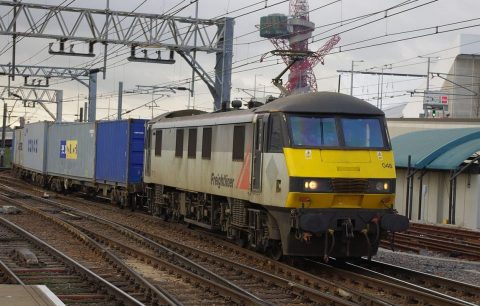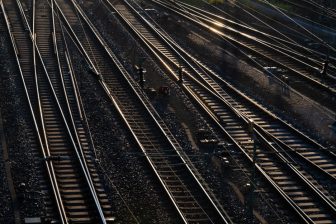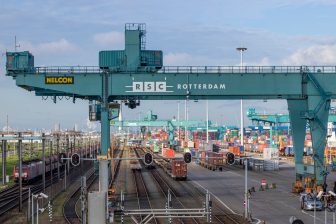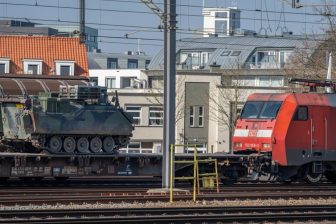
Freight bodies RFG and FTA warn Government over rail proposals
The Rail Freight Group (RFG) and Freight Transport Association (FTA) have both warned the UK government that proposed reforms to the structure of the country’s railways must benefit freight shippers as well as passengers. The RFG says it is concerned that freight’s interests will be marginalised by giving more operational control to the passenger franchises.
It was responding to proposals set out by the Transport Secretary Chris Grayling, designed to bring ‘track and train’ back together by bringing operational management of the infrastructure into future franchises, and considering longer term options such as joint ventures.
Economic future
“It would be no exaggeration to say that the railways of this country are crucial to its economic future – without them our economy would grind to a halt,” said Mr Grayling. “We need to use our railways as a driver for new economic growth, with improved freight facilities and links to our ports, and as facilitators of new economic and housing developments,”
Maggie Simpson, Executive Director of the RFG, said: “Freight customers may not be as vocal as passengers, but they share a common desire for a high performing and cost effective railway which deliver for their needs. The Government’s recently published rail freight strategy recognises this, and we look forward to working together on the details of these proposals to ensure that they are a success for everyone.”
Her concerns were echoed by Chris MacRae, Head of Rail Freight Policy at the FTA: “While the structure of the railways in itself isn’t a direct concern for our shipper members, they most certainly care about what the outputs of the structure deliver if they are to continue to use rail or use it more as a part of their supply chains. Most freight flows across a Network Rail Route boundary so it is important that it is not treated second class in any rail reform that more closely aligns passenger franchises with infrastructure delivery.
Regulatory structure
The RFG said it would be asking Government to ensure that any changes balance the needs of all users, which should include strengthening Network Rail’s Freight Route to promote the interests of freight customers across the network, having a powerful National System Operator with responsibility for timetabling, capacity management and coordination of engineering work; a framework which incentivises integrated franchises to support growth in rail freight including new freight terminals and services; and a regulatory structure which is refocused on protecting the needs of non-incumbent operators and their customers.
Above all, it added, there had to be an ‘absolute requirement’ to maintain the rail network in a fit condition for rail freight.
The Government’s latest proposals for rail are available online.





